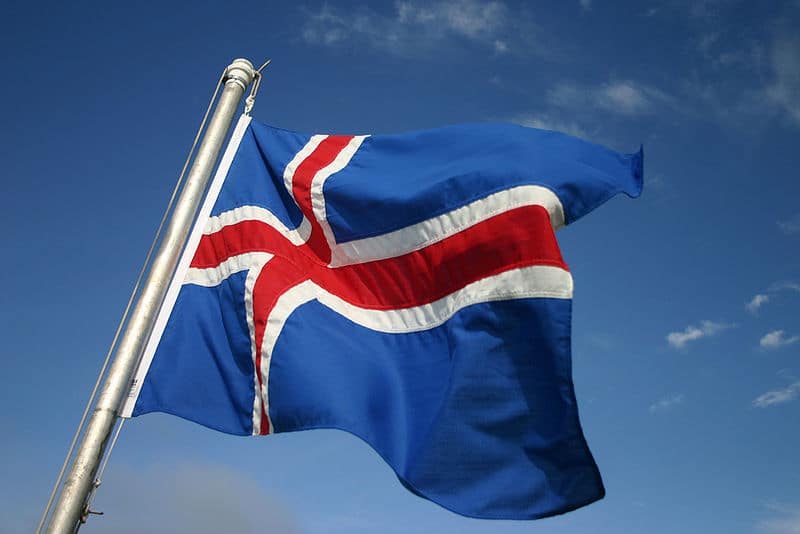Iceland Passes First Comprehensive Whistleblower Law

At long last, Iceland has passed a law protecting whistleblowers. For years international organizations have pressured the Icelandic state to enact such laws, which are long overdue in such a progressive nation. In fact, over the past ten years, bills providing some form of whistleblower protection have been tabled at least six times.
This new law takes significant strides, finally recognizing the role that whistleblowers play in detecting and combatting illegal activity, and should be lauded for four primary achievements:
First, the law protects workers in both the public sector and private sector: “This Act applies to employees who, in good faith, disclose information or disseminate data on violations of law or other noteworthy conduct in their employers’ activities, whether working in the public or private markets.” Whistleblowers falling into these broad categories have protection against retaliation. Pursuant to the new law, employers may not retaliate against whistleblowers by reducing their rights, significantly changing their work duties, or firing them.
Second, this law protects reports of a wide range of potential violations, across sectors, and absent specific knowledge of a violation: “Contemptible conduct refers to conduct that endangers public interests, such as conduct that threatens the health or safety of people or the environment, without any manifest violation of law or regulation.” Such broad-reaching language goes further than even U.S. whistleblower laws, often held as the “gold standard” in whistleblower protections.
Third, this law allows for direct reports to regulators, rather than simply to internal compliance. This is extremely important because, as opined by the leading whistleblower attorney, Stephen Kohn, a founding partner at Kohn, Kohn & Colapinto, LLP, in his 2019 letter to the European Parliament on its then-proposed whistleblower directive, “Any law, rule, or regulation that restricts the right of the people to report truthful information about potential violations of law to […] law enforcement authorities undermines the rule of law, violates international anti-corruption Conventions, […] and may create an obstruction of justice.” Iceland’s law goes even further than typical whistleblower laws, including those in the United States. The new Iceland whistleblower law allows the whistleblower to report the suspected violations to the press, if he or she does not receive an adequate response from the company, regulators, or law enforcement, in cases where the whistleblower has a justifiable reason to believe that the conduct may involve a prison sentence or in “exceptional circumstances” (such as national security or a public health emergency).
Finally, this law provides that strict confidentiality shall be automatically provided to whistleblowers reporting to regulators or law enforcement, which is effectively a condition precedent to encouraging whistleblowers to come forward.
However, Iceland’s new whistleblower law is missing a key provision, rewards for whistleblowers. This deficiency causes significant concern amongst whistleblower advocates. Award provisions have been proven to encourage truthful and valuable reporting and are necessary to offset the costs endemic to whistleblowing including retaliation (which still occurs even when anti-retaliation laws exists), emotional and reputational strain, and time and resources spent cooperating with investigators. As discussed by Stephen Kohn in his 2018 letter to the European Parliament on their then-proposed whistleblower directive (which similarly does not include award provisions): “[w]ithout effective reward laws, the vast majority of corrupt activities will remain undetected, and corruption, securities fraud, fraud in government contracting, tax evasion, ocean pollution, wildlife trafficking and foreign bribery will remain highly profitable.”
Absent the incentive these reward provisions provide, and more specific considerations as to the non-overt pressures and retaliation that whistleblowers face, particularly in the public sector, it is unclear how successful the new Iceland whistleblower law will be in effect.
Latest News & Insights
February 16, 2026
January 27, 2026




